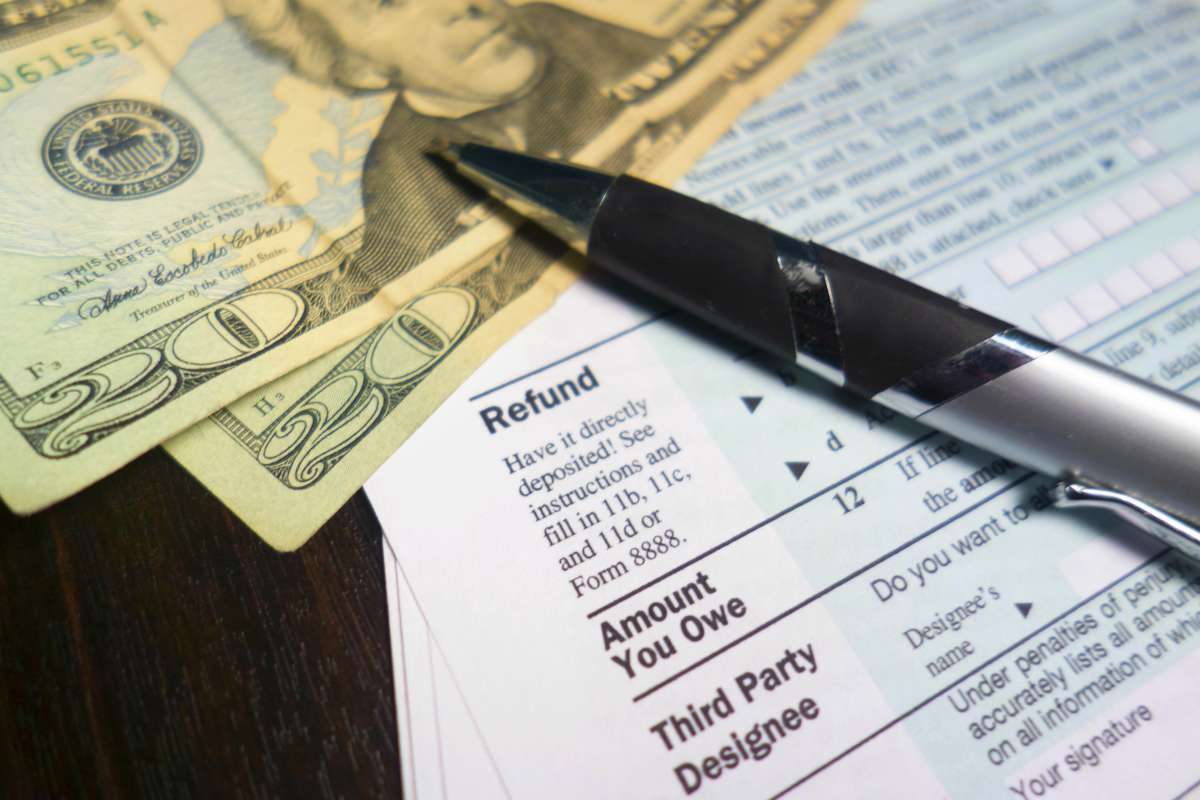“How much is the penalty for filing taxes late?” The answer to this and other questions about late tax filing are discussed below.
Penalty for Filing Taxes Late | Everything You Need to Know
What You Need to Know About Penalties for Late Filing of Taxes
Taxpayers have a lot of questions about the penalties for not filing and paying taxes on time. It can be really troublesome to pay a large sum for fines you aren’t even aware of. That’s why taxpayers need to familiarize themselves with the different IRS penalties. Here are some of the frequently asked questions we get on filing and paying taxes late.
What’s the Penalty for Filing Your Taxes Late?
Is there a penalty for filing taxes late? The answer: yes. Taxpayers have to pay a separate fine if they fail to file their taxes on time. This is what we call the failure-to-file penalty. Meanwhile, failing to pay your taxes before the due date will result in a failure-to-pay penalty.
Failure-to-File Penalty: If a taxpayer fails to file within 60 days after the deadline, they have to pay $205 or 100% of their unpaid tax, whichever is the lesser amount.
Failure-to-Pay Penalty: The failure-to-pay penalty is 0.5% of every month’s unpaid taxes. Depending on the amount, it can accumulate up to 25% of the taxes you owe.
Tip: The failure-to-file penalty is about 10 times larger than the IRS failure-to-pay penalty. That’s why, even if you don’t have enough cash, you should still file your taxes on time. As much as possible, you want to avoid the failure-to-file penalty.
The IRS can help you find solutions to pay off your taxes. But they can’t help you if you don’t file your taxes on time.
What Is the Penalty for Filing Taxes Late If You Are Owed a Refund?
If you file your taxes by April, or October if you applied for an extension, then you don’t have to pay a penalty if you’re getting a tax refund. But keep in mind that the U.S. Treasury will keep any unclaimed taxes within the specified time frame.
Is There a Penalty for Filing Taxes Late If I Owe Nothing?
There are generally two types of penalties: the failure-to-file and failure-to-pay penalties. If a taxpayer doesn’t owe anything, they still have to pay the failure-to-file penalty if they filed their taxes 60 days after the deadline.
The only time the IRS revokes a penalty is if the taxpayer can present a reasonable cause for their inability to file or pay on time. However, this is only for extreme cases. You should never abuse this leeway. The IRS will know if you’re lying or not.
What Is the Penalty for Filing Taxes Late with an Extension?
If you filed an extension, then you won’t have to pay the failure-to-file penalty. But you still have to pay the failure-to-pay penalty, which is 0.5% of your unpaid tax amount. While you weren’t able to avoid paying the IRS late filing penalty, you would have still saved a lot of cash than if you were to pay both of them.
For example, if you didn’t apply for an extension, failed to file your taxes on time, and have unpaid taxes, then you’ll have to pay both the failure-to-file and failure-to-pay penalty.
These are just the basics of late tax penalties. The penalty for filing taxes late is quite large. It’s even more of a headache if you combine it with the IRS failure-to-pay penalty. That’s why it’s best to file your taxes in advance and remove any outstanding debt. Even if the deadline is still a few months ahead, get in touch with your tax adviser as soon as possible to create a solid budget plan.
What are your questions about the penalty for filing taxes late? Post them in the comments down below!
Up Next: Holiday Budget Tips | 16 Ways To Save On Thanksgiving


